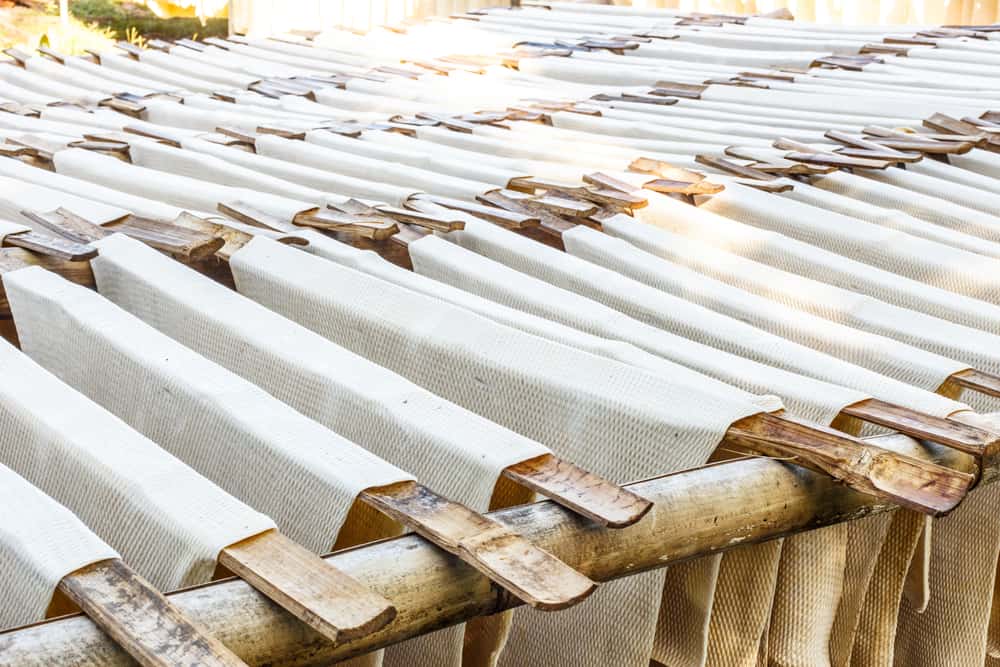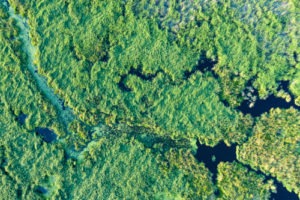Strategy and Objectives Working Group
The Strategy and Objectives Working Group is currently revising its Terms of References (ToR) to better reflect the plans for further developing GPSNR’s Theory of Change.
The Request for Proposal (RFP) for a study on environmental impacts, and risks, in the natural rubber value chain has been published. GPSNR members are invited to circulate the RFP to any relevant contacts who might be interested in submitting proposals for this work. The deadline for submission of proposals is 27 November 2020.
The Equity sub-Group has received the first drafts of the Living Income Gap studies for Indonesia and Thailand, and these are currently in review by both members of the sub-Group as well as the engaged consultants. The extension of the study on Human Rights and Labour Rights’ Risk Mapping in the Global Natural Rubber Value Chains conducted by independent consultants James Griffiths & Associates Sàrl, which focuses on issues of equity, is near its completion phase.
‘Policy Toolbox’ Working Group
The revised Terms of Reference (ToR) for the Policy Toolbox Working Group is being reviewed. Following approval of the ToR, the Working Group will be in a good position to move forward on development of the implementation guidance for stakeholder groups, as well as policy equivalents for civil society organizations and smallholder producers.
The Working Group has also conducted a preliminary revision of the Baseline Reporting Requirements following feedback from GPSNR member companies during the pilot testing stage. To find out more about the Baseline Reporting Requirements pilot testing, check out our latest article, ‘Updates on the GPSNR Baseline Reporting Requirements Pilot Test’.
‘Capacity Building’ Working Group
The Working Group is in the midst of revising its Terms of Reference (ToR) to cater to the shift in focus to implementation plans. The Working Group is also putting together a Good Agricultural Practices (GAP) Task Force that will work to identify and/or refine guiding principles for GAPs appropriate for the sustainable production of natural rubber that cater to both Industrial Plantations and Smallholder Farmers. The goal of this Task Force will be to create a document stating a high-level, international set of GAPs that can be disseminated to national Capacity Building groups for adaptation to local contexts.
The Task Force is currently looking for smallholder members who have experience in Good Agricultural Practices to join the Task Force. They will have the opportunity to collaborate and create the GAPs together with other Task Force members. Interested smallholder members are welcome to contact Aidan for more information.
‘Traceability and Transparency’ Working Group
The Working Group is reviewing the two studies that were commissioned earlier. Plans to review the Working Group’s Terms of Reference (ToR) are also in the works as its members consider the next steps vis-à-vis the findings and conclusions from the studies.
Smallholder Representation Working Group
Following the fourth international call with smallholder members, the Working Group has consolidated the responses from smallholder members who indicated their interest in participating in our Working Groups. A plan is underway to onboard these smallholder members into the various Working Groups.





